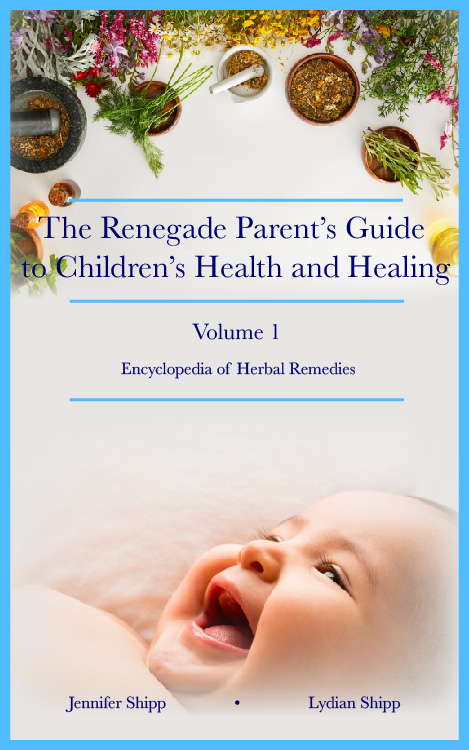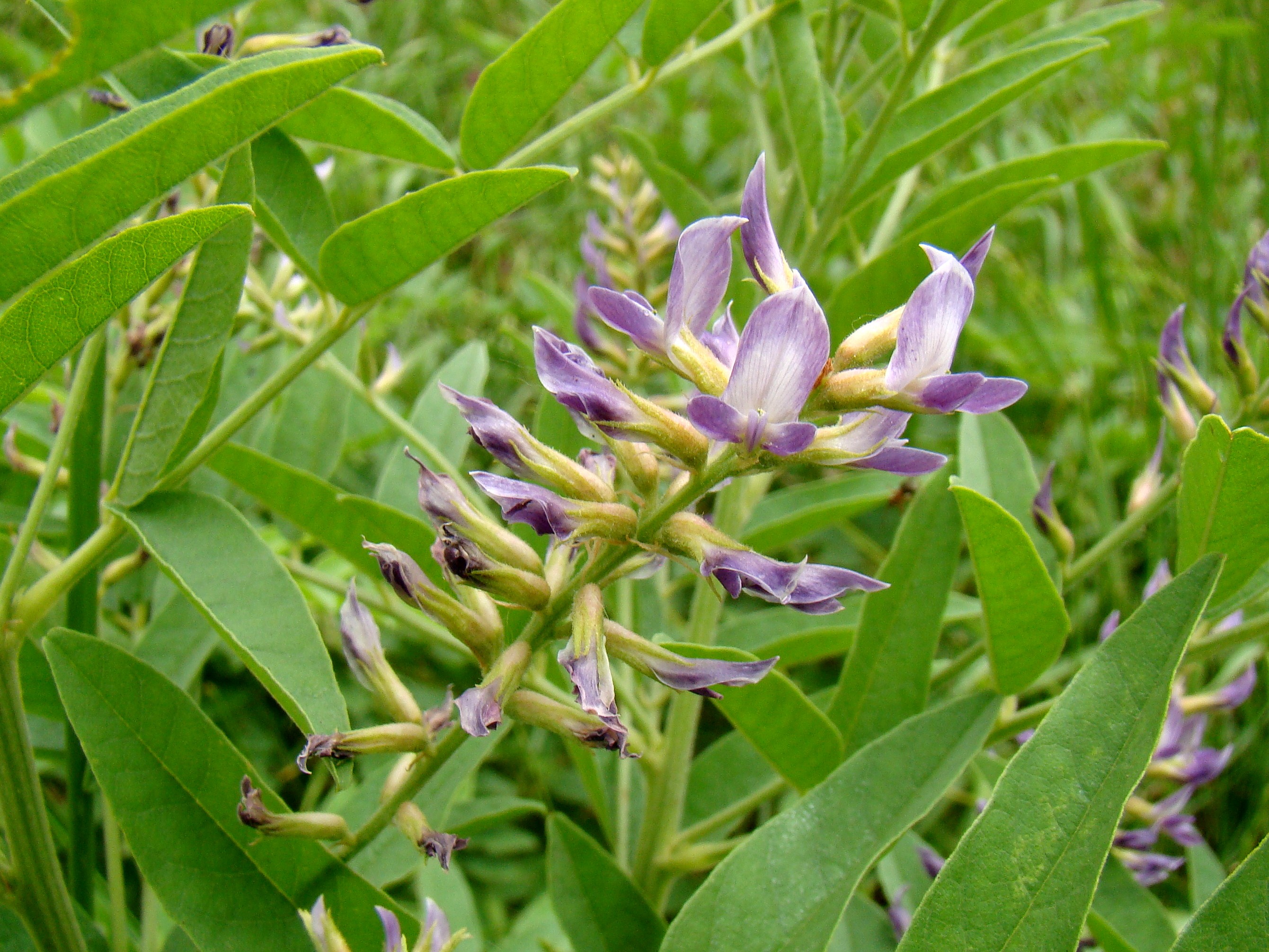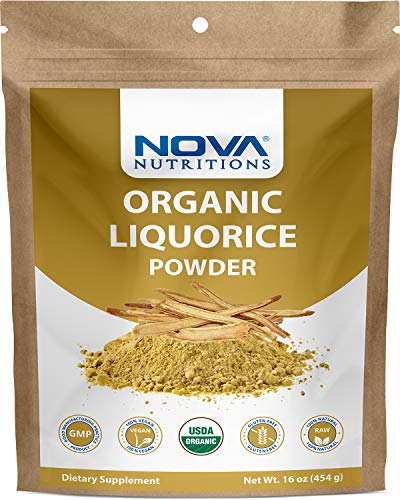Natural Cure for Whooping Cough at Home
Whooping Cough, also known as Pertussis, is a highly contagious disease that can be fatal. Whooping Cough / Pertussis is usually regarded as a childhood illness, but adults can also catch this disease. In this article, we discuss one herbal remedy for whooping cough that can be administered at home. We outline the whooping cough remedy so that it can be used as a combination treatment for Pertussis at home or as single, stand-alone herbs if that’s all the patient has available.We discuss both the treatment of whooping cough in adults as well as in children with dosing guidelines to help parents put the proper amount of herbs in this remedy to get the proper effect for their child.

Whooping Cough Stages
There are 3 stages to this disease:- Stage 1: Catarrhal
This stage of the whooping cough infection involves the following symptoms:
- Fever
- Mild cough that slowly becomes more severe
- Difficulty breathing in infants
- Runny nose
- Stage 2: Paroxysmal
- Severe coughing spells
- Between coughing, the child gasps to breathe, drools, and may get tears in his or her eyes due to coughing.
- Severe coughing may be following by vomiting or exhaustion
- Bluish skin color / cyanosis
- Increased coughing spells that are triggered at night.
- The frequency of coughing spells may remain the same for the first two weeks and then slowly begin to decrease
- Stage 3: Convalescent
- During the convalescent stage, children are no longer contagious.
- The child will be susceptible to other respiratory infections during this stage.
Herbal Remedy for Whooping Cough
Whooping cough is a serious disease and it’s best to get started early treating it. If you don’t have all of the herbs listed below, but you have some of them, you can still get started using this Pertussis herbal cure and perhaps order some or all of the other herbs recommended below.Whooping Cough Herbal Cure:
Below is an herbal remedy for whooping cough that’s used in Denmark. In Denmark, these whooping cough herbs are standardized into a cough syrup, as I understand it, but below, we’ve mapped out an at-home cure for whooping cough that utilizes these herbs either together or as separate treatments.
This natural whooping cough treatment that we’ve outlined below contains herbs that not only work to treat the wheezing and coughing, but that also work to overcome the infection at the same time. This herbal cure for whooping cough can be administered to children under 1 year of age as long as they’re able to consume normal table foods.
 Kid-Friendly Medicines Living Database, BETA Release- NOW AVAILABLE! Click here to sign up...
Kid-Friendly Medicines Living Database, BETA Release- NOW AVAILABLE! Click here to sign up...
Whooping Cough Tea for Kids or Adults
Below are three herbs that can either be used separately or as a combination herbal treatment for whooping cough. If you wish to combine these three treatments together, you’ll need to boil water for 1 mug of tea. Get a large tea strainer or a small mesh colander and combine the dried plants according to the dosing instructions below. Allow them to steep together for 10-15 minutes before you administer the Pertussis tea to your child or an adult.- Marrubium vulgare / White Horehound
- White horehound has been used as an herbal remedy for Pertussis since antiquity. In Morocco, Marrubium vulgare is still a primary herbal remedy for bronchitis as it is particularly helpful in diseases involving a non-productive cough. It stimulates the flow and secretion of bile from the gallbladder to aid in digestion while promoting mucus production and expectoration. White horehound is also a powerful anti-inflammatory agent that also has both antibacterial and antiviral effects. It is often used as an herbal cure for herpes simplex virus, asthma, and malaria. It works to bring down fever, kill pain naturally, clear the liver, and improve digestion.
- Marrubium vulgare should be administered as a tea. For a 150 pound adult, put ½ to 1 teaspoon of the dried herb of Marrubium vulgare in a tea strainer or mesh colander and pour 1 cup of boiling water over the top to steep for 10-15 minutes. For a 75 pound child, put ¼ - to ½ of a teaspoon of the dried herb in the tea strainer. For a 32.5 pound child, put ⅛ to ¼ of a teaspoon of the dried herb in the tea strainer, etc. This herbal tea for whooping cough should be administered at least 3 times daily.
- Hederae helicis folium / Hedera helix / Common Ivy
- Reduces inflammation and decreases the frequency and intensity of cough. This herb contains saponins that prevent bronchial spasms. It hastens the conversion from a dry unproductive cough, to a productive cough while also improving the amount of mucus that’s coughed up, the consistency of mucus, and its color. Hedera helix is an herbal treatment for nighttime coughing and respiratory pain due to Pertussis. This is a fever-reducing herb that also reduces wheezing, sore throat, fatigue, sneezing, and nasal congestion. Safe for use in children.
- For a 150 pound adult, administer 1 heaping teaspoonful of the dried herb to the tea strainer or mesh colander in 1 cup of water that has been boiled. Steep for 10-15 minutes by itself or with the Marrubium vulgare / white horehound. Halve the dose of Hedera helix for a 75 pound child. Quarter the dose for a 32.5 pound child. Administer this tea up to 3 times daily.
- Pimpinella radix / Pimpinella anisum / Anise
- Pimpinella anisum was one of the most important herbal cures for COVID. It has antimicrobial, antifungal, antiviral, pain-killing, and muscle relaxant effects on the body. It helps relax the bronchial muscles to calm a Pertussis cough naturally while simultaneously working to kill the pathogen that causes whooping cough.
-
- For a 150 pound adult, put 1-2 teaspoons of Pimpinella anisum seeds in 1 cup of boiled water and allow it to steep for 10-15 minutes. For a 75 pound child, halve this dose. For a 32.5 pound child, quarter the dose. Administer this tea slowly prior to meals.
- Alternatively, you can also administer a tincture dosage of 1-4 mL three times daily or the essential oil can be administered as 1 drop in 1 teaspoon of honey. Reduce this dose by half for a 75 pound child or down to one-quarter of the dose for a 32.5 pound child, etc..
- For a 150 pound adult, the dose of Pimpinella anisum ranges between 300 mg times per day to 3000 mg 3 times per day taken after meals for 4 weeks. As an herbal cure for whooping cough, start with 1500 mg after meals and increase the dose daily by 500 mg up to 3000 mg after meals (9000 mg daily in total). Halve this dose for a 75 pound child. Quarter the dose for a 32.5 pound child and administer it 3 times daily.
Herbal Decoction for Whooping Cough
Note that the herbal remedy for Pertussis that we’ve described above requires that you put plant materials in a strainer and then pour water that has been boiled over the top. This water and the plant materials steep together and cool before you drink them. The substances in the plants are removed by the heat of the water to leave behind a medicinal tea for whooping cough.Below are two additional herbs that can be used to treat whooping cough, but both require that you add them to water and boil them on low heat for 10-15 minutes. In order to extract the medicinal substances in licorice root and thyme, you have to simmer them. While the Marrubium vulgare, Hedera helix, and Pimpinella anisum don’t need to be simmered for 10-15 minutes to extract their medicinal substances into a tea for whooping cough treatment, licorice root and thyme do. So you’ll need to prepare these two teas separately, or you can boil the licorice root and thyme together and then, after they have simmered for 10-15 minutes, you can pour them over your other three herbs (the Marrubium vulgare, Hedera helix, and Pimpinella anisum) so that they can steep in the hot water that has already been impregnated with the licorice root and thyme extracts.
- Liquiritiae radix / Glycyrrhiza glabra / Licorice Root
- Licorice root enhances the medicinal effects of the other herbs in this recipe, but it also works to treat throat infection naturally. Licorice root is a powerful herbal antiviral but it also has strong effects against bacteria and other types of pathogens as well. Licorice root is no joke! As an herbal cure for immune deficiency and tuberculosis, licorice root has earned its reputation as a powerful herbal remedy for respiratory infections that resist other forms of treatment.
-
- Chronic use of licorice root can lead to hypokalemia / low potassium levels. Take a break from this medicine for 2-3 days every 2 weeks to allow the body to restore normal potassium levels.
-
- For a 150 pound adult, put ½ to 1 teaspoon of the chopped whole root in 1 cup of water and bring it to a boil. Simmer the herb in water for 10 to 15 minutes. Or, if you have powdered licorice root, put ⅛ of a teaspoon or 1000 mg (read the package dosing information) in the water and boil it on low for 10-15 minutes. You must boil the licorice root for more than 5 minutes to release the acrid resin that has a medicinal effect on the bronchial tubes. For a 75 pound child, halve the dose. For a 32.5 pound child, quarter this dose. For a child under 5 years of age, use only a sprinkling of licorice root in this herbal remedy because children this age don’t have fully developed liver function and licorice root has powerful effects on the liver.
-
- The maximum daily dose of licorice root for a 150 pound adult is 5-15 grams of the root or 200-600 mg of purified glycyrrhizin (a substance that is found in licorice root). If you have a glycyrrhizin supplement, administer 200-600 mg per day. Halve this dose for a 75 pound child and so on and so forth.
-
- Licorice root is safe for use in pregnancy in small, irregular doses. Heavy use of licorice root during pregnancy can cause premature birth or health problems in the baby though. If you have Pertussis during pregnancy, start with a low dose of licorice root and increase the dose only slowly over time. Stop taking the licorice root for 48 hours every 7 days.
- Thymi herba / Thymus vulgaris / Thyme
-
- Thyme is a cough sedative that also has antiviral, antibacterial, antifungal, and even anti-mycotoxin effects.
-
- For a 150 pound adult, 1 gram of dried thyme leaves should be boiled for 10-15 minutes and then filtered from the water per dose. For a 75 pound child, ½ of a gram of dried thyme leaves should be added to the boiling water. For a 32.5 pound child, ¼ of a gram of dried thyme leaves should be added to the boiling water, etc. The patient should drink up to two doses of thyme daily.
-
- Thyme essential oil can be administered separately 2-3 times per day on a sugar cube to treat whooping cough naturally in tandem with the other herbs in this section.
 Click here to subscribe to the Living Database!
Click here to subscribe to the Living Database!
Resources:

 Licorice root / Glycyrrhiza glabra is one of the most important herbal medicines for whooping cough, but this herb works to cure a number of childhood diseases especially when combined with other plant medicines.
Licorice root / Glycyrrhiza glabra is one of the most important herbal medicines for whooping cough, but this herb works to cure a number of childhood diseases especially when combined with other plant medicines. Anise Seeds Organic - Perfect for baking or deserts - Pimpinella Anisum - Anise Seeds For Baking Organic Aniseed Seeds Anis Seeds Anise Seed Baking Organic Baking
Anise Seeds Organic - Perfect for baking or deserts - Pimpinella Anisum - Anise Seeds For Baking Organic Aniseed Seeds Anis Seeds Anise Seed Baking Organic Baking
 Nova Nutritions Certified Organic Licorice/Liquorice Root Powder 16 OZ (454 gm) - Also Called Glycyrrhiza glabra
Nova Nutritions Certified Organic Licorice/Liquorice Root Powder 16 OZ (454 gm) - Also Called Glycyrrhiza glabra






















